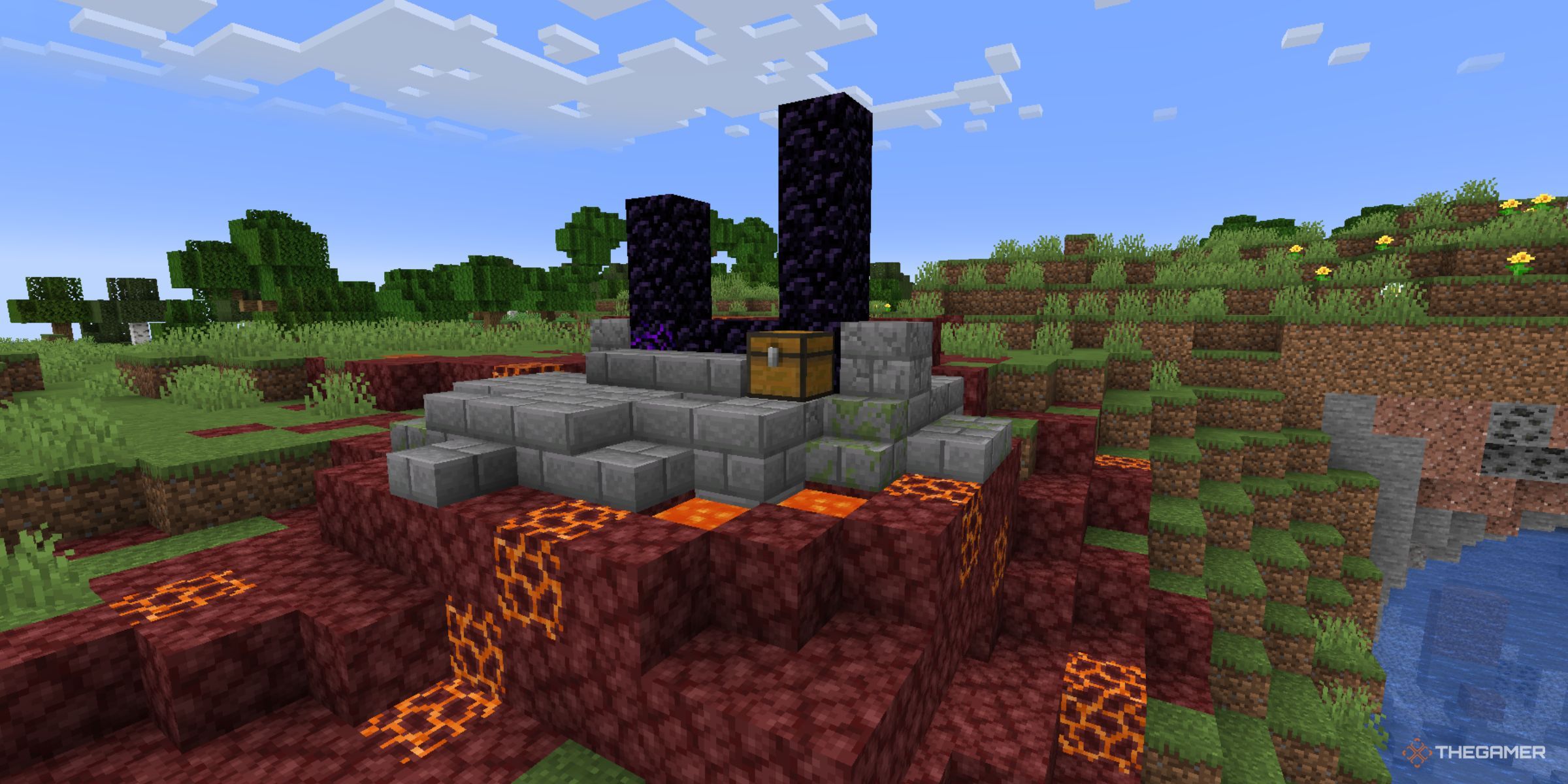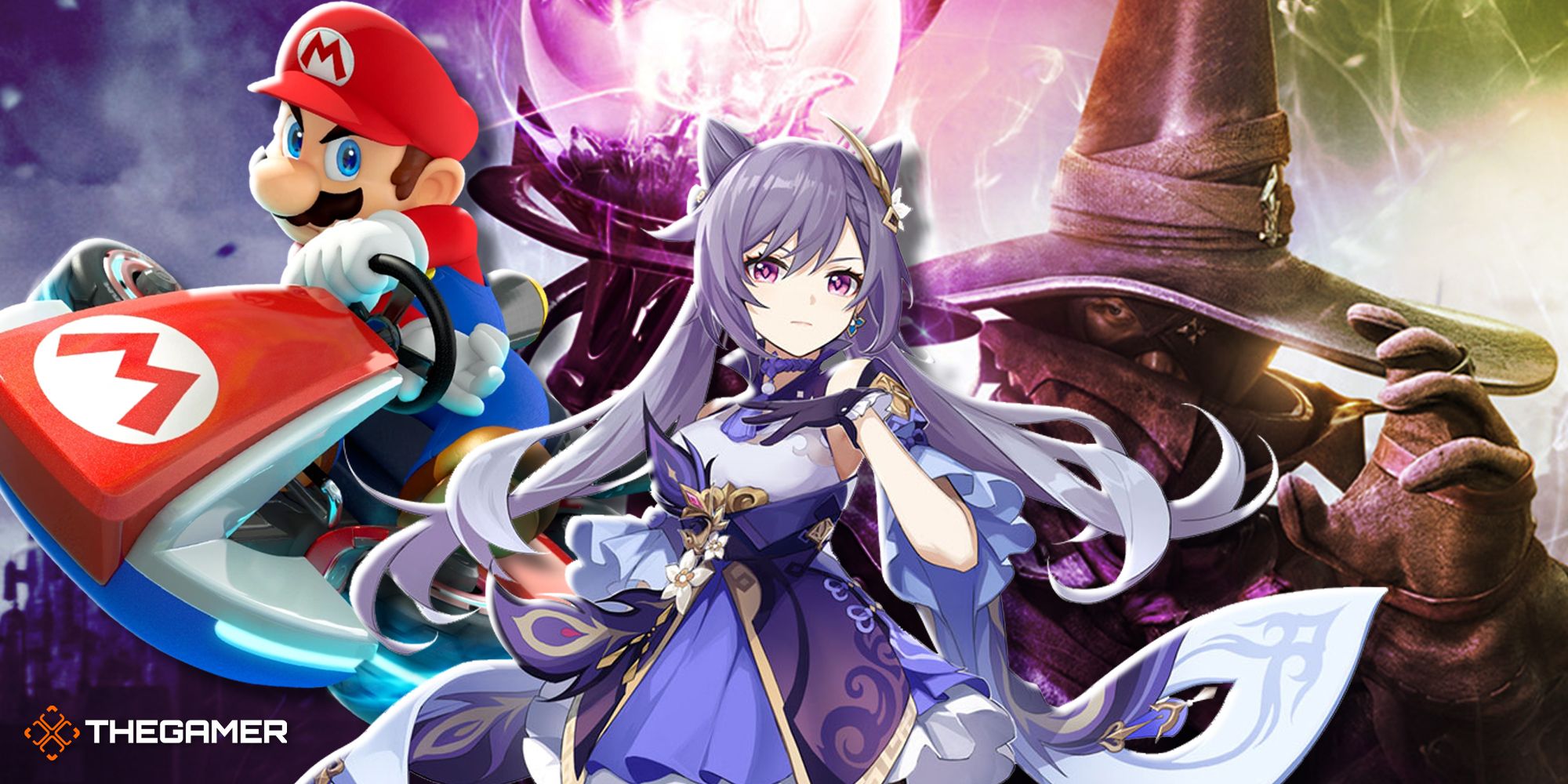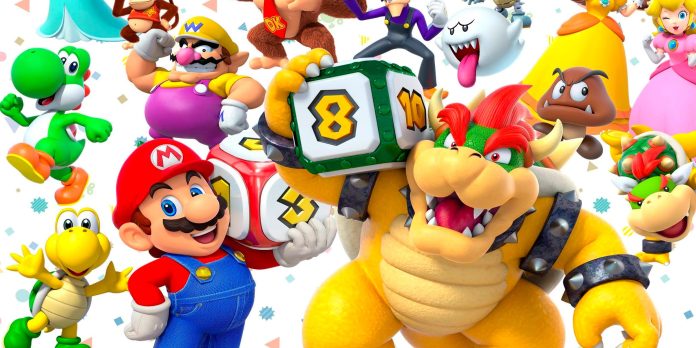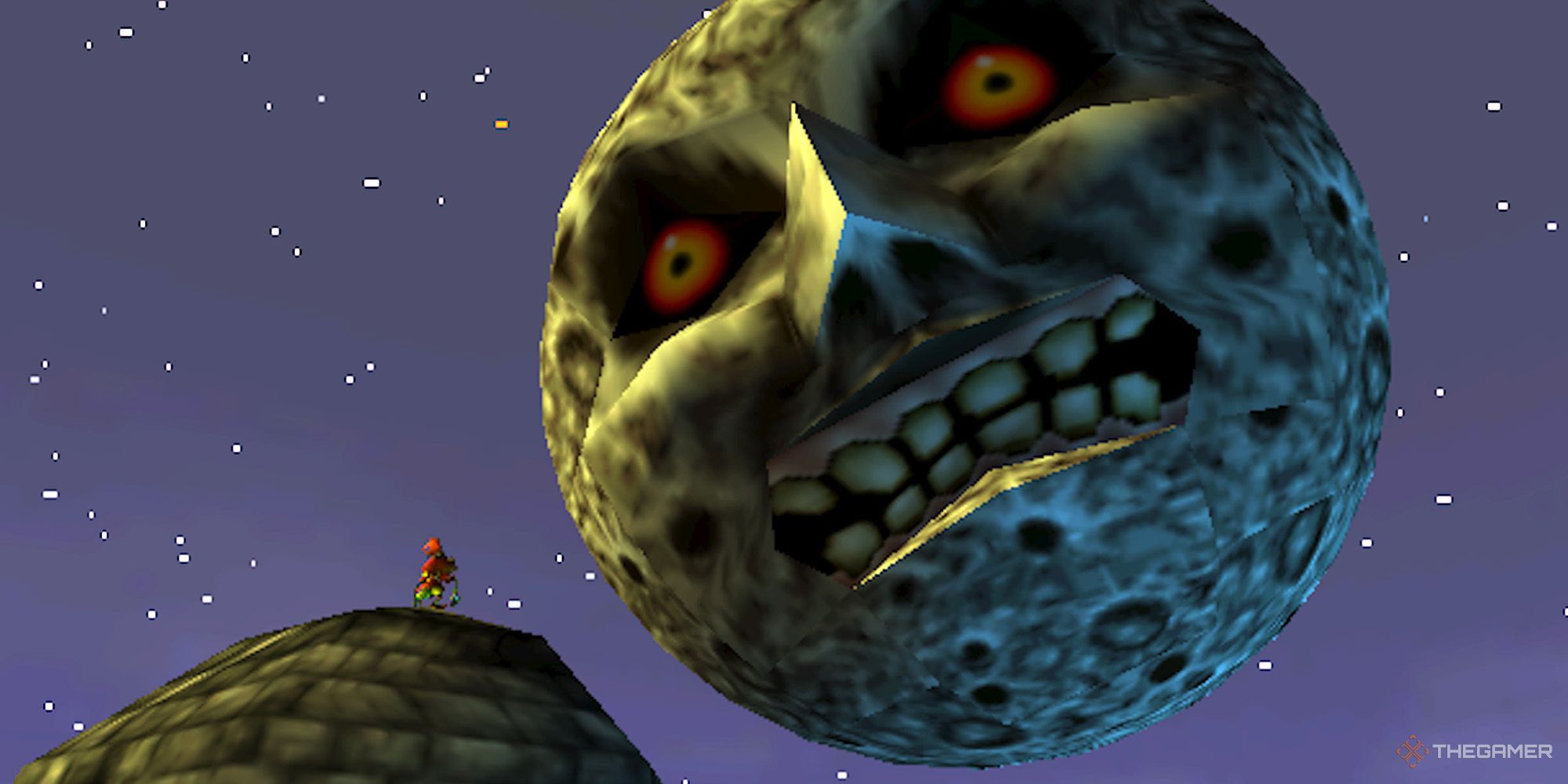Ah yes, RNG. It’s one of the oldest rivals to gamers of every generation. The Random Number Generator is a programming function that dictates what is “random” in a video game. Since computers can’t be truly random, video games rely on this method for shaking things up.

Sign up for free
- Personalize your profile with your interests
- Join or start Thread conversations
- Review, rate, and share your thoughts
- Follow, like, and share with friends
Log in
Create an account
*Required: 8 chars, 1 capital letter, 1 number
By continuing, you agree to the Privacy Policy and Terms of Use.
You also agree to receive our newsletters, you can opt-out any time.
But not all RNG is in our favor. Whether it’s item drop rates, damage values, accuracy, or even world generation, RNG has found lamentable ways of making our gaming experience harder. We’ve all been spurned by it. Still not sure what I mean? Take these games into consideration.
1 Minecraft

Usually, we don’t think about RNG in Minecraft. Most of the gameplay functions are consistent and reliable — swords will always deal set damage, items always work, etc. But there’s one critical aspect of the sandbox game that is completely beholden to RNG: the world itself.
Minecraft uses “world seeds,” or a line of text used to feed the RNG. It then uses that to determine how the world is generated. Ever started a new game only to find that there’s NO village nearby? Or that you started on a desert island surrounded by ocean? Maybe that temple you raided had terrible loot. Well, that’s RNG’s fault.
2 Left 4 Dead / Back 4 Blood
Left 4 Dead, and its spiritual successor Back 4 Blood, uses what they call a “Game Director” system to keep the game interesting. In short, this means that the game reacts to how well or poorly you’re doing, adjusting what happens accordingly.
While it sounds cool, its application is less enjoyable. Most of the time, it simply means “spawn more enemies if you do well. With things like weapons, gear, and other loot being random, this can feel like the odds are against you, no matter what.
3 Mario Party
If you’ve ever played Mario Party, then you’ll immediately understand what I’m talking about. Whether it’s the dice rolls to move, the random mini game wheel, or the mini games themselves, there are countless instances where RNG can ruin your run.

Related
Best Games To Replay Over And Over
Some video games practically require multiple playthroughs — and these particular selections really pack in the replay value.
You’re seven spaces from the star? Too bad, you get a five on the dice block and land on a Bowser Space. Hit a chance space, now you have to roll to trade money with someone. Too bad you lost a hundred coins in the end. And don’t even get me started on that Bowser Bomb mini game.
4 Fire Emblem
Fire Emblem, as far as Americans are concerned, has always had a strange method of determining attack percentages. Instead of generating one number (so 1-100, with that being your percentage to hit), it generates two numbers, based on your accuracy, and then uses the average between them. This meant that high odds attacks would be much less likely to miss, but low odds attacks would miss a lot more than they seemed.
For example, let’s say a character has an accuracy of 50, and to hit, they need to get 30. On a single roll, that’s a 37 percent chance. But with the two roll averages, that falls to about 33 percent. If we follow the same rules, but the character has an accuracy of 90, then the likelihood is 75 percent with a single roll and 78 percent with the two-roll average. These may feel like small differences, but after numerous battles and attacks, you really start to feel it.
5 Pokemon
For a game series about catching monsters, you’d think they wouldn’t make it so hard to catch monsters. And yet, after spending millions on expensive pokeballs, catching our favorites feels like a losing game. This is because Pokemon uses a complex algorithm to calculate the chance of success that involves nine different variables.
The pokemon’s level isn’t actually a factor at high levels; Max HP is. As a result, pokemon with high HP stats are often harder to catch than different pokemon of the same level.
While early game, it’s fairly cooperative, late game pokemon have all the odds stacked against you. This is especially true with legendaries. An Articuno at ten HP and paralyzed, with an Ultra Ball, still only has a seven percent chance of capture.
6 XCOM
Lots of games have poor odds, but none have been so infamous as XCOM. The sci-fi strategy series is known for seemingly lying about accuracy percentages, so much so that it became an online meme that “95% Chance To Hit” meant a guaranteed failure.
The funny thing here is that it’s not actually deceptive. The XCOM developers have explained how they use the RNG to determine shots in a way that prevents save scumming, but they are otherwise uninfluenced. So all of those times 95 percent misses is confirmation bias.
7 Littlewood
The least known game on this list, Littlewood is a cute city builder adventure game. You play as the hero AFTER the events of some big grand adventure. You lost your memory, though, and are tasked with rebuilding the village to attract everyone back.
The problem here is not that the RNG is particularly bad, but that there’s far too much of it. Nearly every item is dependent on RNG to appear. And with most quests involving finding an item for someone, you’re frequently struck waiting on RNG to progress quests.
8 Baldur’s Gate 3
Baldur’s Gate 3, being a Dungeons & Dragons spin-off, uses the same 20-sided dice system as the tabletop RPG. Or so you might think. Unfortunately, a well-intentioned system can make every run a frustrating one. A setting called “Karmic Dice” is activated by default.
In short, this setting will make you roll worse if you’ve rolled too well, and, inversely, you will roll better after rolling poorly. The idea is to balance it out for a fair experience. But since most folks lean into their strengths, all of their reasonable rolls add up, causing more bad rolls to happen than should have.
9 Mario Kart
Part of what really makes Mario Kart exciting is the item system. These items can help you or hinder your opponents. But there’s not a truly random RNG behind which items you get. The available items and likelihood of appearing depend on what position you’re in in the race.
Anyone who has been in first place has noticed how all you get are bananas, while everyone else in the back half are getting Bullet Bills, stars, mushrooms, and more. Even worse. As soon as you’re nearing the goal post, a blue shell appears to knock you back into last place. Few games reward the losing team as much as Mario Kart does.
10 Literally Any Gacha Game
With all of these other games, the RNG working against us was a simple design flaw or well well-intentioned algorithm. But when it comes to Gacha games, the terrible RNG is quite literally fundamental to the game’s success.
For those unfamiliar, a Gacha game is when a game has you unlock new items/characters with a low-odds random chance mechanic (like loot boxes). They usually rely on having to make numerous “pulls” to unlock the most desirable characters.
Games like Umamusume: Pretty Derby, Honkai: Star Rail, and Fate/Grand Order all rely on the player’s inherent desire to unlock their favorite characters. They intentionally make the most powerful, appealing, and well-designed characters have abysmally low odds of appearing, so you can spend real money to make more pulls. This is RNG at its most malicious.

Next
Umamusume: Pretty Derby – Character Tier List
Which trainees should you invest in for the most optimal career and Legacy options? Let’s find out.

